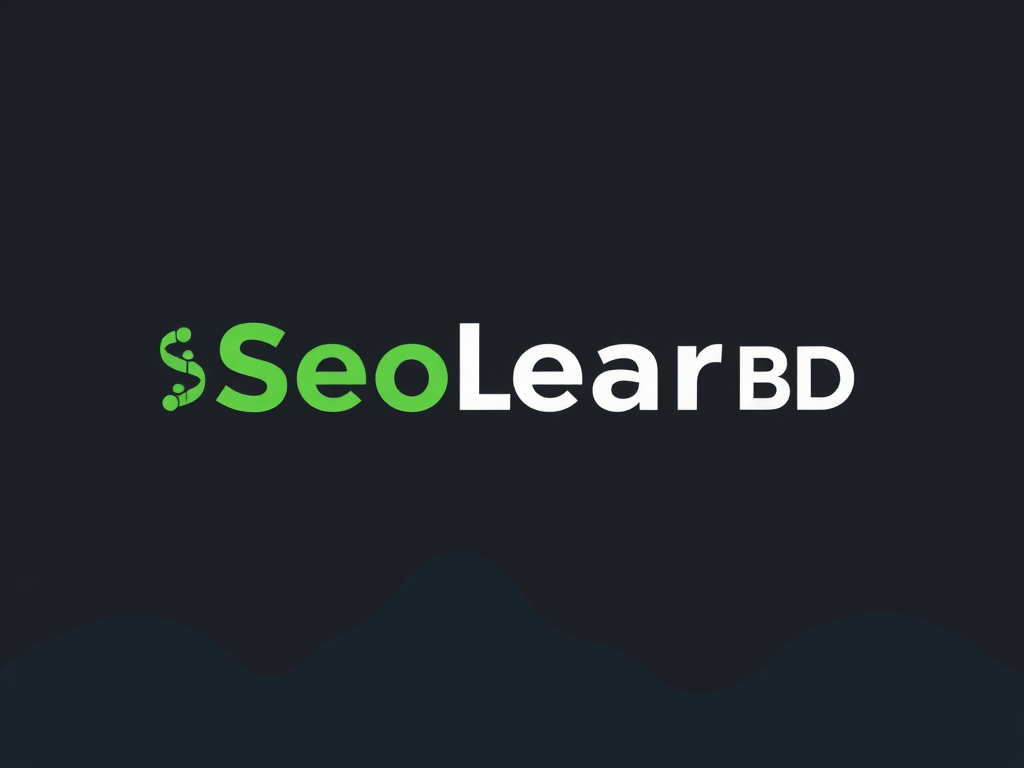Overview of Emerging UK Computing Trends Relevant to Marketing
Emerging UK computing trends such as artificial intelligence (AI), Internet of Things (IoT), cloud computing, and advanced data analytics are reshaping marketing landscapes. AI enables marketers to create highly personalized campaigns by analyzing vast datasets and predicting consumer behavior. Similarly, IoT generates valuable real-time data from interconnected devices, allowing brands to engage consumers with contextually relevant content. Cloud computing offers scalable infrastructure that supports flexible, cost-effective marketing operations while facilitating seamless collaboration.
The impact of these emerging technologies UK on marketing capabilities is profound. Marketers can now reach audiences more precisely, automate repetitive tasks, and adapt strategies quickly in response to market changes. Data analytics plays a crucial role by turning raw data into actionable customer insights, optimizing campaigns for better ROI.
Also to read : How Can Businesses Leverage Computing Innovations for More Effective Marketing Strategies?
Looking ahead, the digital transformation marketing UK is expected to accelerate with developments in AI-driven automation, edge computing linked to IoT devices, and enhanced machine learning models. These advancements will further empower businesses to deliver personalized, timely, and efficient marketing, ensuring they remain competitive in a rapidly evolving market. Staying informed and adaptable to these technology trends is essential for future success.
Practical Strategies for Integrating Computing Trends into Marketing Efforts
Effective marketing technology integration is crucial for businesses aiming to harness emerging computing trends. AI plays a pivotal role in personalizing marketing campaigns. By analyzing consumer data, AI-driven tools enable marketers to target audiences with precision, improving engagement and conversion rates. For instance, AI can segment customers based on behavior patterns to deliver highly relevant content.
Also to see : How are UK marketers leveraging edge computing for real-time analytics?
Cloud-based platforms support scalable, efficient marketing operations by offering flexible resources that adapt to campaign demands. This ensures seamless collaboration across teams and swift execution of marketing strategies. The digital marketing UK space benefits greatly from such cloud solutions, which also reduce infrastructural costs.
Employing advanced data analytics allows marketers to extract actionable customer insights from large datasets. These insights inform campaign optimization to maximize ROI. Analytics help identify what works and what doesn’t, enabling continuous refinement of marketing efforts.
Integrating these technologies within marketing workflows requires a clear strategy emphasizing agility and data-driven decision-making. Combining AI personalization, cloud scalability, and analytics-driven insights forms a robust foundation for technology-driven marketing strategies that meet evolving market demands.
Case Studies: Successful Implementation of Computing Trends in UK Businesses
Exploring UK marketing case studies reveals compelling examples of how emerging computing trends enhance marketing effectiveness. One notable case involves a retail company deploying AI-powered chatbots. These chatbots automate customer interactions, providing instant, personalized responses that improve satisfaction and boost sales conversions. This technology success story UK showcases AI’s role in elevating customer service and streamlining support.
Another example highlights a business leveraging IoT-generated data for location-based advertising campaigns. By utilizing real-time insights from connected devices, the company delivers highly targeted promotions to consumers near specific stores, driving foot traffic and increasing engagement. This computing trends marketing example underscores IoT’s potential to create precise, contextual marketing approaches.
Cloud computing adoption is also prominent among UK firms. One marketing team embraced cloud platforms to increase campaign flexibility and reduce costs. Cloud infrastructure enabled rapid scaling of resources during peak periods and improved team collaboration, resulting in more agile marketing execution and better budget management.
Together, these technology success stories UK demonstrate the practical advantages of integrating emerging technologies UK into marketing strategies. They exemplify how digital advances can directly impact commercial outcomes across diverse sectors.
Benefits of Adopting Latest Computing Trends for Marketing Success
Adopting marketing benefits technology UK brings significant improvements in customer engagement. Technologies like AI and data analytics enable businesses to deliver highly personalized content, ensuring messages resonate with individual consumers. This relevance fosters stronger customer relationships and loyalty. Moreover, automation streamlines marketing tasks, increasing campaign efficiency by reducing manual effort and optimizing budget allocation.
Another key benefit is gaining a competitive advantage UK. Early adopters of emerging computing trends can respond faster to market shifts and consumer preferences. By leveraging AI-driven insights and IoT data, companies craft smarter, timely campaigns that outperform competitors relying on traditional methods.
Improved marketing performance is a direct result of these technology integrations. Enhanced targeting accuracy results in higher conversion rates and better return on investment (ROI). Cloud computing supports scalable infrastructure, allowing teams to launch and adjust campaigns rapidly without excessive resource constraints.
In summary, the most compelling marketing benefits technology UK offers include:
- Personalized and relevant customer experiences
- Increased efficiency and optimized budget use
- Clear competitive edge through innovation
These advantages underscore why embracing emerging technologies UK is essential for sustained success in the evolving digital marketing landscape.
Challenges Faced by UK Businesses in Adopting Computing Trends for Marketing
Adopting emerging technologies UK in marketing is often hindered by several critical challenges. One prominent issue involves budget constraints; many UK businesses struggle to allocate sufficient funds for advanced technology investments and ongoing maintenance. Smaller enterprises, in particular, face difficult trade-offs when balancing technology costs with other operational needs.
Skill gaps present another significant barrier to marketing technology adoption in the UK. Many marketing teams lack the necessary expertise to effectively implement and utilize sophisticated tools like AI or IoT analytics. This gap slows integration and can reduce the efficiency of digital transformation marketing UK initiatives. Resistance to change within organizations further complicates technology adoption, as teams may be hesitant to modify established workflows or learn new systems.
Data privacy and regulatory compliance represent growing concerns in the UK marketing sphere. Stringent laws require businesses to navigate complex frameworks while using computing trends responsibly. Ensuring adherence to these regulations adds complexity to technology deployment.
Lastly, technical integration difficulties arise when attempting to connect new solutions with legacy systems or multiple marketing platforms. Disparate technologies can create silos, impeding seamless data flow and reducing overall campaign agility. Addressing these marketing technology challenges UK is essential for successful transformation.
Overview of Emerging UK Computing Trends Relevant to Marketing
UK computing trends such as AI, IoT, cloud computing, and advanced data analytics are central to reshaping marketing landscapes. AI enhances personalization by analyzing consumer data to predict behaviors, enabling tailored campaign targeting that boosts engagement and conversion. IoT’s proliferation generates real-time consumer data from connected devices, offering marketers opportunities to deliver contextually relevant messages that improve user experience.
Cloud computing underpins scalable, flexible marketing operations, supporting seamless collaboration across teams and facilitating rapid adaptation to changing campaign needs. Meanwhile, data analytics translates large, complex datasets into actionable insights, optimizing campaign performance and improving ROI.
These emerging technologies UK collectively empower marketers to increase precision in audience targeting, automate repetitive tasks, and rapidly respond to market dynamics. The ongoing digital transformation marketing UK will likely accelerate through innovations in AI-driven automation and edge computing tied closely to IoT networks, driving smarter, more efficient marketing strategies.
Future developments may include enhanced machine learning models that provide deeper consumer insights and further integrate data streams for holistic campaign orchestration. Staying attuned to these UK computing trends is essential for businesses seeking to maintain competitive marketing advantages amid fast-evolving technology landscapes.
Practical Strategies for Integrating Computing Trends into Marketing Efforts
Effective marketing technology integration begins with leveraging AI to personalize campaigns. AI analyzes consumer data, enabling marketers to segment audiences precisely and deliver tailored messages. This improves engagement and increases conversion rates by targeting customers with relevant content rather than generic promotions.
Utilizing cloud-based platforms in digital marketing UK provides scalable infrastructure that adapts to fluctuating campaign demands. Cloud solutions offer flexibility, cost efficiency, and promote seamless collaboration across marketing teams, facilitating quicker campaign rollout and adjustments.
Employing advanced data analytics is essential for extracting actionable insights. These insights inform strategy refinement and resource allocation, optimizing marketing ROI. Analytics identify successful tactics, highlight areas needing improvement, and support data-driven decision-making.
Combining these technologies creates robust technology-driven marketing strategies. Marketers can automate routine tasks, personalize customer experiences, and react swiftly to market changes. Effective integration requires a clear roadmap focused on agility and continuous learning to maximize benefits from emerging computing trends UK.

